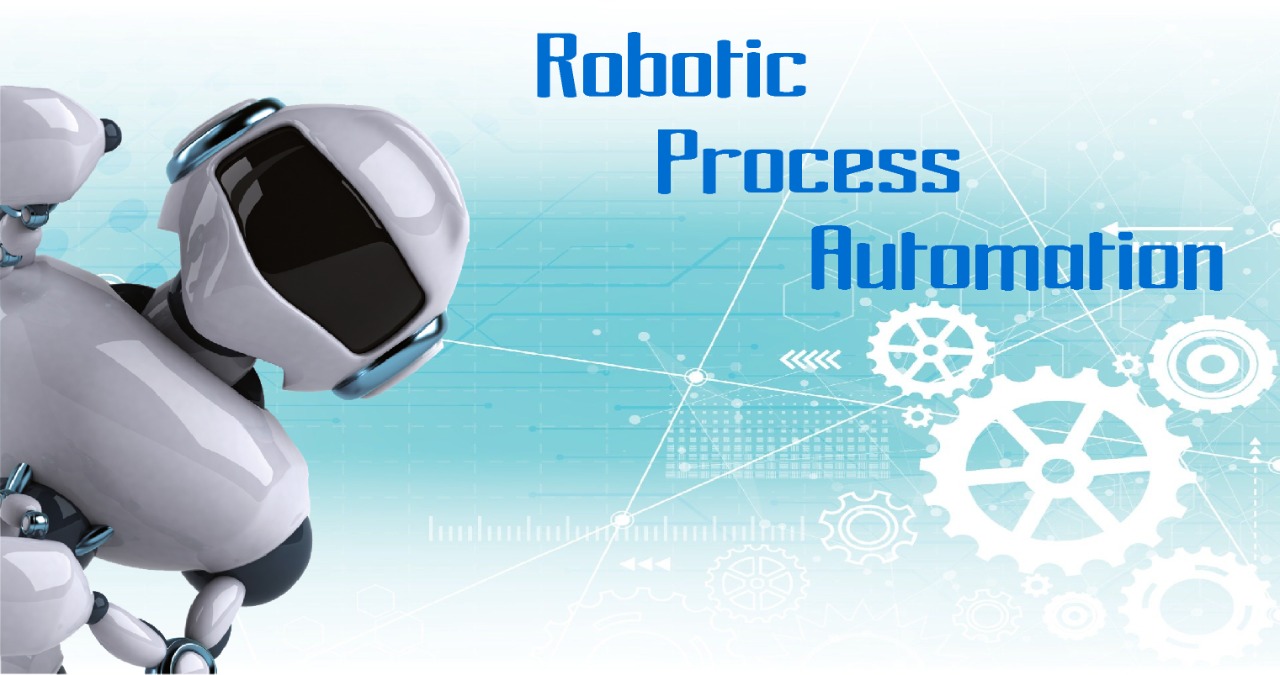
RPA Stands for Robotic Process Automation
This technology has recently evolved into a powerful and useful method for enterprises across all industries. RPA is defined as "the use of robots to automate industrial and clerical activities." RPA systems and process robots can be programmed to conduct industrial tasks and workflows by humans. As a result, significant time savings, resource optimization, and cost savings are realized. Robotic Process Automation can assist businesses that perform a large number of routine, repetitive, and manual back-office jobs on a regular basis. RPA can be used to gain considerable process advantages in the telecommunications, banking, insurance, manufacturing, retail, transportation, and utilities industries. RPA is a type of rule-based automation that relies on meticulous programming and planning. This means that a minor programming error can have a significant influence on industrial processes. The following are some noteworthy points of RPA implementation
1. Too many process changes:
Robotic systems work best in mature processes with well-defined rules and the ability to maintain system stability. Robotic systems can achieve high levels of process efficiency in these conditions, which can lead to superior commercial outcomes. As a result, firms and enterprises that make too many changes and regularly upgrade processes might cause RPA systems to become confused, resulting in unfavorable outcomes.
2. Organization that is unprepared:
Businesses must ensure that their staff understands automation, its uses, and associated risks before investing in large RPA systems. Employees require assurance that RPA technologies will not jeopardize their jobs. When business operators embrace the technology and remain prepared for the changes brought on by automation, RPA adoptions are truly successful. According to Deloitte, "in high-cost locales, a robot can cost 10% to 20% of the cost of an onshore full-time labor."
3. Targeted change management:
RPA implementations necessitate a focused change management effort on the part of enterprises. Multiple adjustments may be required as the process landscape evolves. This could be due to a variety of factors such as systems, applications, processes, policies, data, and so on. Businesses must guarantee that robots are handled in terms of both knowledge and skills in light of this. Furthermore, enterprises must establish the method of distribution for RPA systems. In any industry, these are critical duties for RPA implementation. As a result, before deciding on a final design for deploying automation, firms must correctly predict and project the effects of RPA.
RPA providers have been attempting to add higher-order tasks into robotic operations in recent years. These are the higher-order judgment and perception faculties. As a result, companies are implementing cognitive technologies into robotic process automation systems, such as machine learning, speech recognition, and natural language processing. Such advancements may aid in the "automation of perceptual and judgment-based tasks," which were previously the domain of humans. For example, Blue Prism and IBM Watson have partnered up to help clients increase the cognitive capabilities of RPA systems. These advances are assisting firms in becoming totally digital.
IT Trainings Guru is the best online training institute that gives 24 to 7 support by top notch faculty. RPA is the trending technology in the present scenario and IT Trainings Guru is the one which gives effective output for this technology